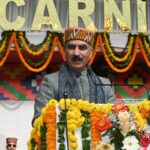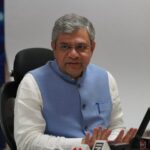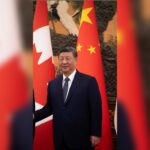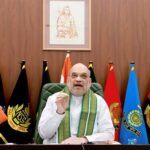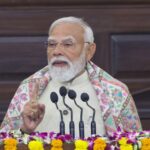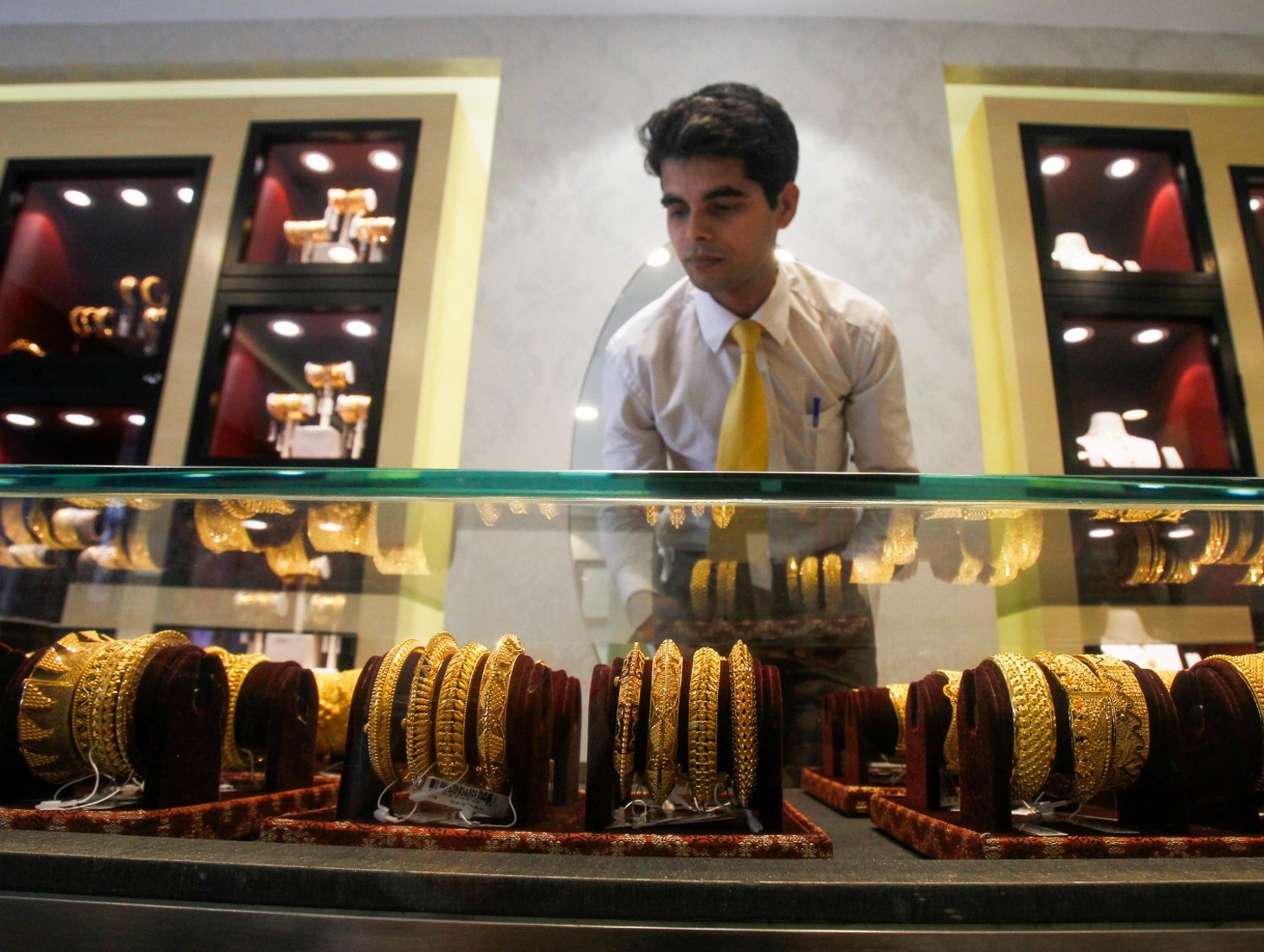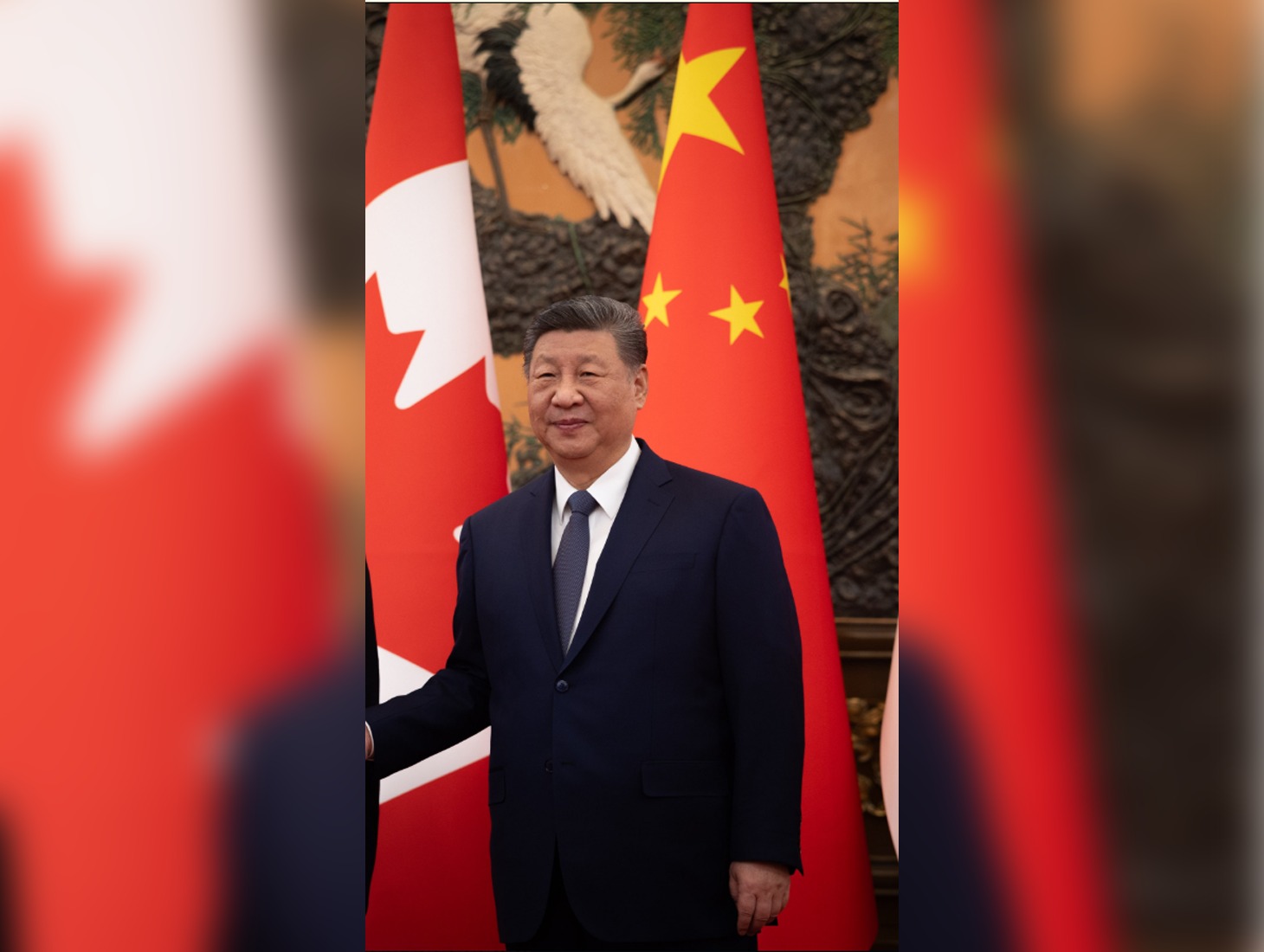North News
Bengaluru, January 11
Vice-President Jagdeep Dhankhar on Saturday expressed concern over the growing menace of paper leaks, calling for urgent action to curb the practice. “This is a menace. You have to curb it. Your fairness of selection will have no meaning if paper leakages are there. And paper leakage has become an industry, a commerce,” Dhankhar said, speaking at the 25th National Conference of Chairpersons of All State Public Service Commissions in Bengaluru, Karnataka. He highlighted the impact of paper leaks on students, noting that it had compounded their stress. “Young boys and girls used to fear examinations, wondering how difficult the questions would be. Now, they fear two things: the examination and the leakage,” Dhankhar said, adding that such setbacks demoralize students who invest months of preparation. On public service commissions, Dhankhar emphasized the importance of maintaining fairness and transparency. “Appointments cannot be driven by patronage or favoritism. There are visible trends that are painful,” he remarked, urging public service commissions to act firmly in such situations. He also raised concerns about post-retirement assignments, describing them as a growing issue in some states. “Employees never retire, particularly those in premium services. This is not good,” he said, underscoring that such practices undermine the constitutional vision for equitable service.
Addressing the divisiveness in Indian politics, Dhankhar warned that political polarization was undermining the nation’s future. “Our polity is too divisive, too polarized. We need political fire extinguishers. Political divisiveness is more dangerous than climate change,” he added, emphasizing the need for harmony to foster the country’s growth in what he termed “India’s century.”
The Vice-President also stressed the need for stronger institutions, asserting that weakening any institution harms the entire nation. “If an institution is weakened, the entire body will be in pain,” he said, calling for coordinated efforts between the state and union governments for national interest.
On the need for greater dialogue, Dhankhar urged political leaders to prioritize consensus and discussion. “The problems the nation is facing should not be relegated to the background. They must be addressed at the earliest,” he said, urging leadership to create an ecosystem conducive to dialogue.
Finally, Dhankhar highlighted the role of intellectuals in guiding society. He criticized the trend of intellectuals forming groups to serve political interests, urging them to be objective in their representations. “You must be objective in making representations. You cannot create a group to subserve your interest,” he said.



